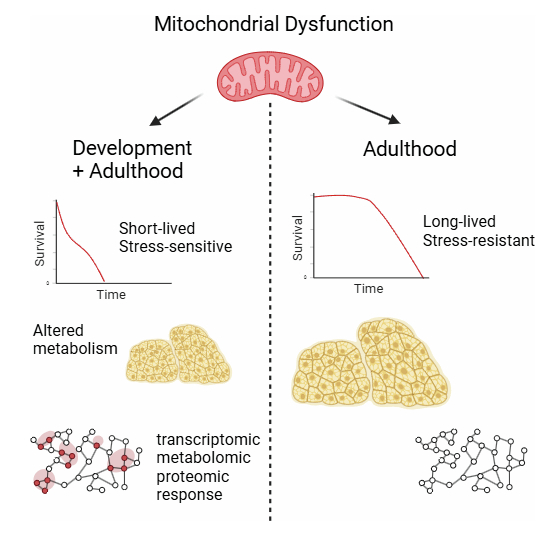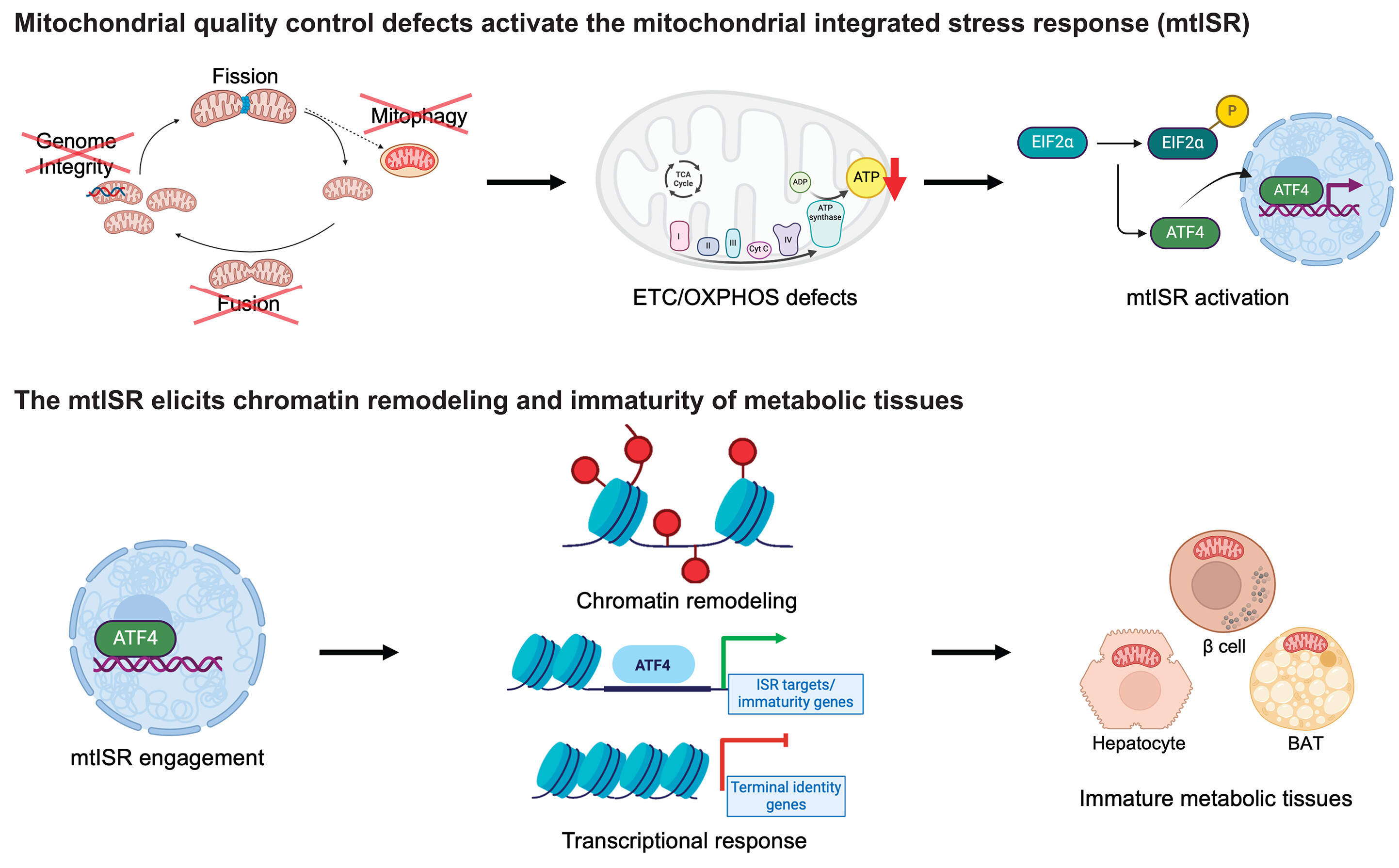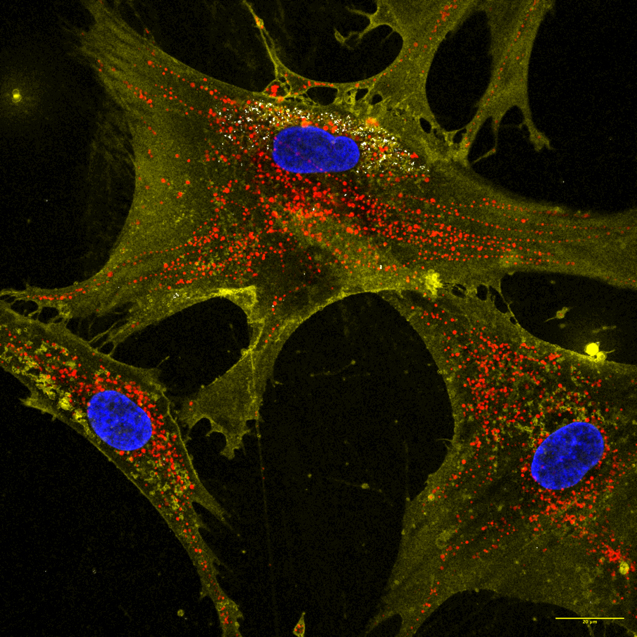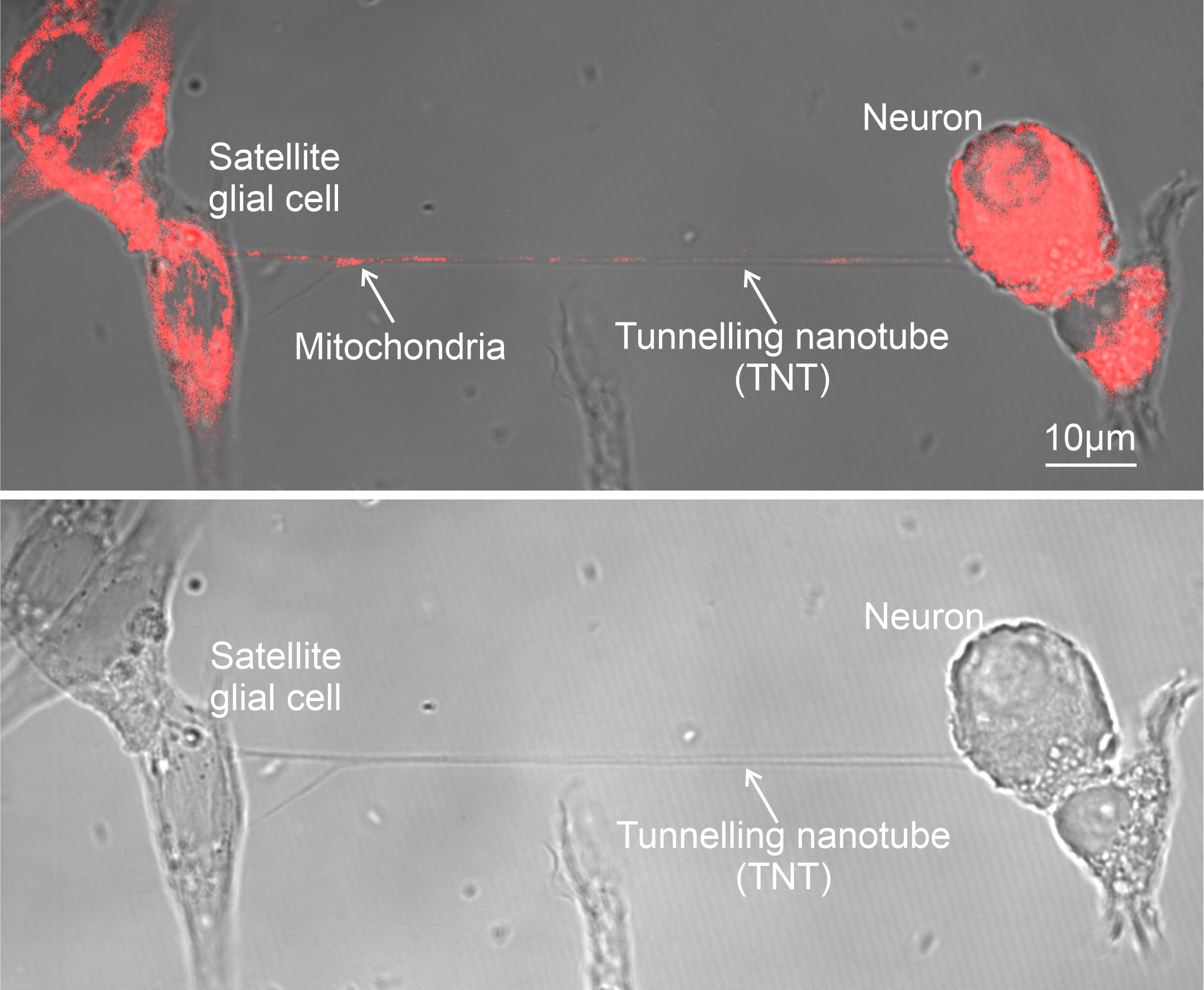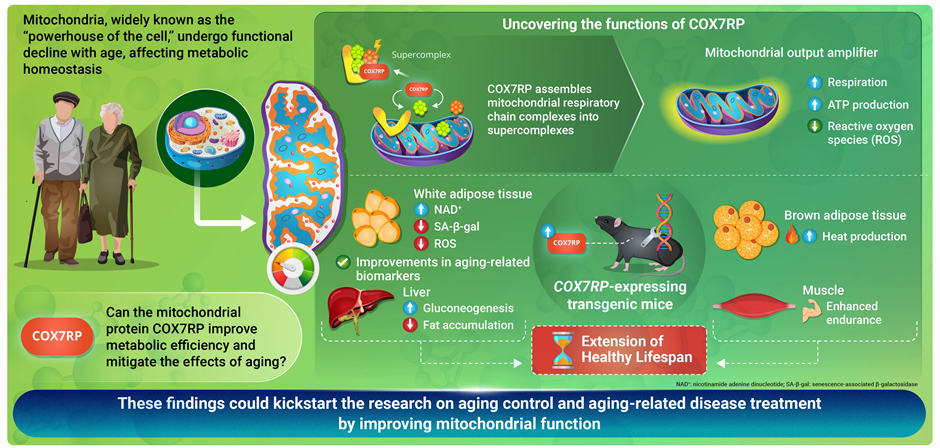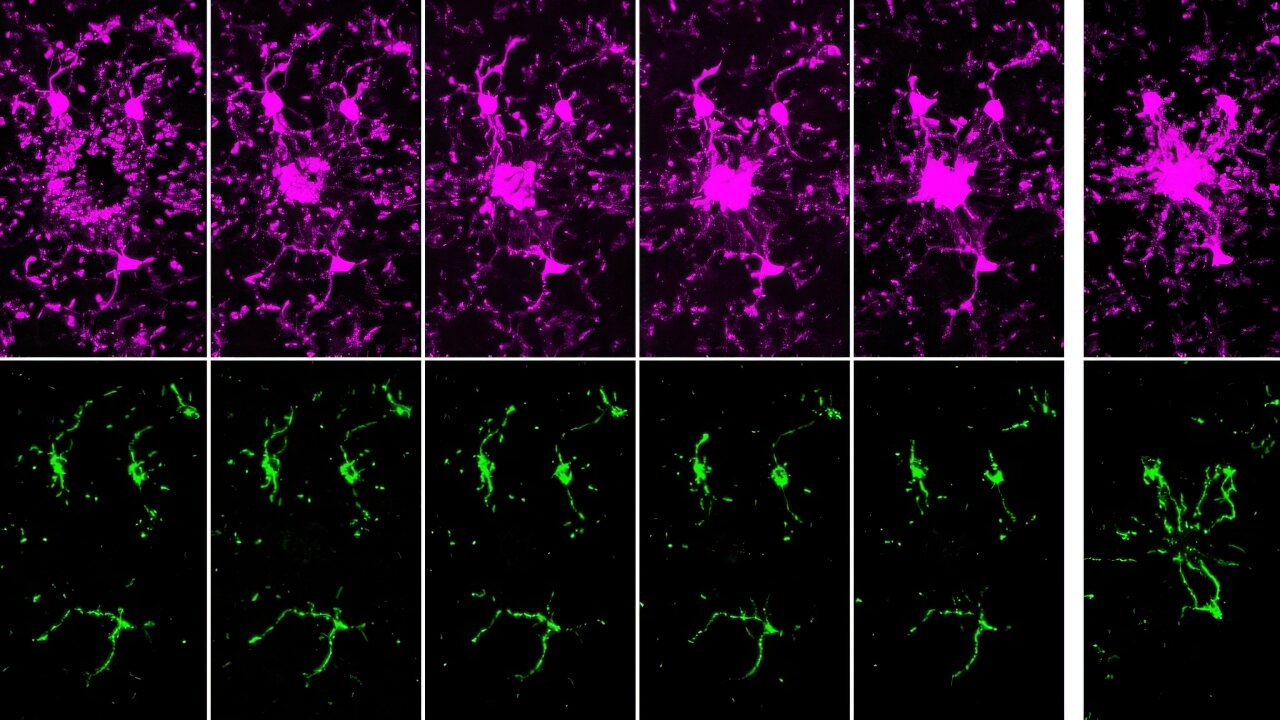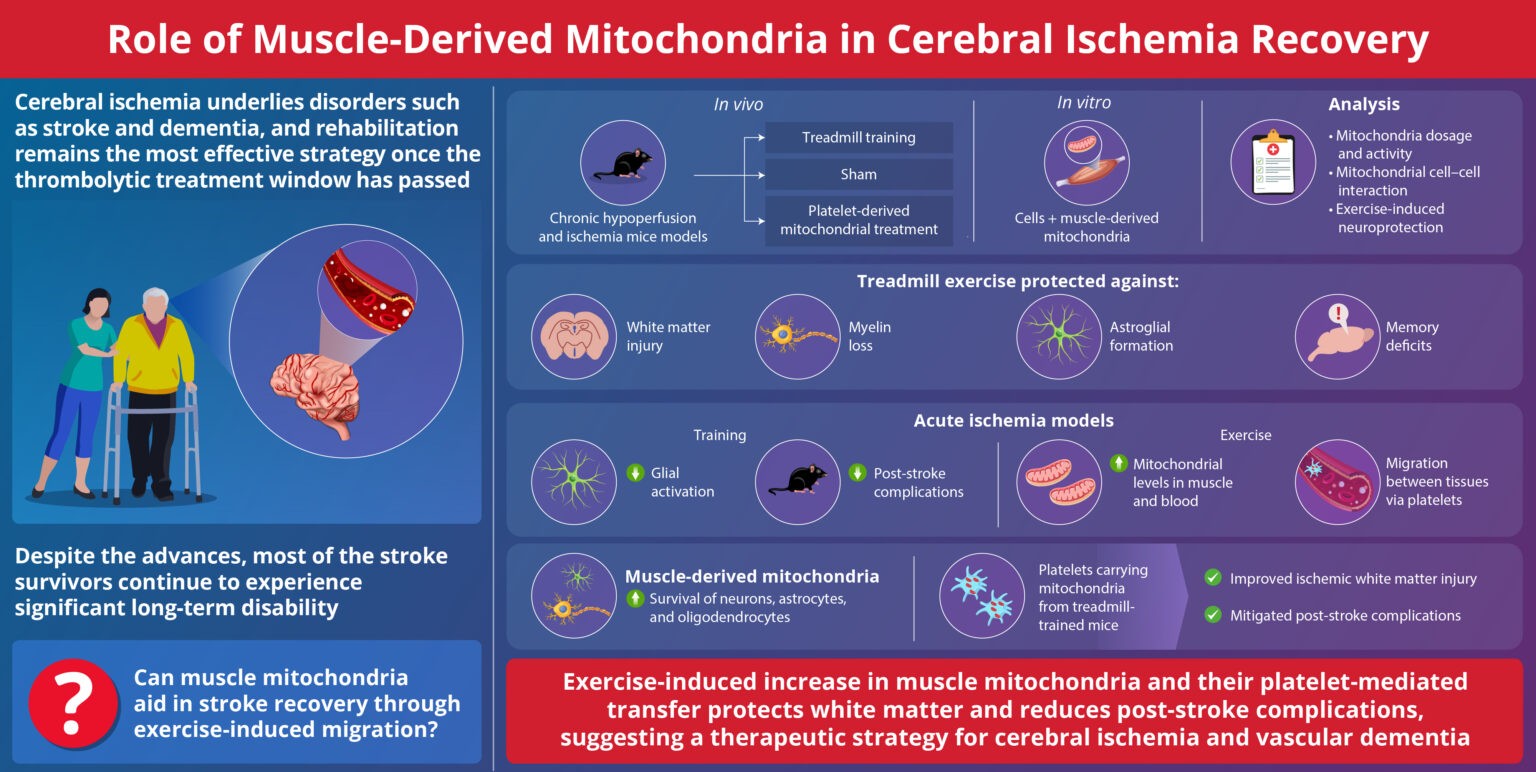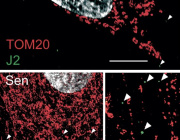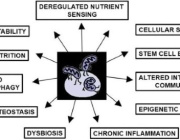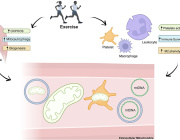Timing of Mitochondrial Dysfunction Found to Shape Lifespan
A new study published in EMBO Reports highlights that when mitochondrial complex I (CI) dysfunction occurs dramatically influences lifespan and stress resilience. Using Drosophila models, researchers uncovered striking differences depending on the life stage at which mitochondrial impairment begins:
- Early developmental dysfunction leads to shortened adult lifespan and poor stress resistance.
- Adult-onset dysfunction, despite causing up to a 75% reduction in CI activity, allows flies to live longer and remain stress-resistant.
- Maladaptive biological responses triggered during development—not mere developmental defects—drive the negative outcomes.
- Molecular analyses revealed unique transcriptomic, proteomic, and metabolomic changes in short-lived flies.
The findings suggest that mitochondrial health during early life stages is critical for setting long-term health trajectories. This discovery opens new avenues for developing therapies that target mitochondrial function during key developmental windows to promote healthy aging.
This subject will be talk during the Targeting Mitochondria 2025 congress, which will be held on October 22-24, in Berlin Germany.
